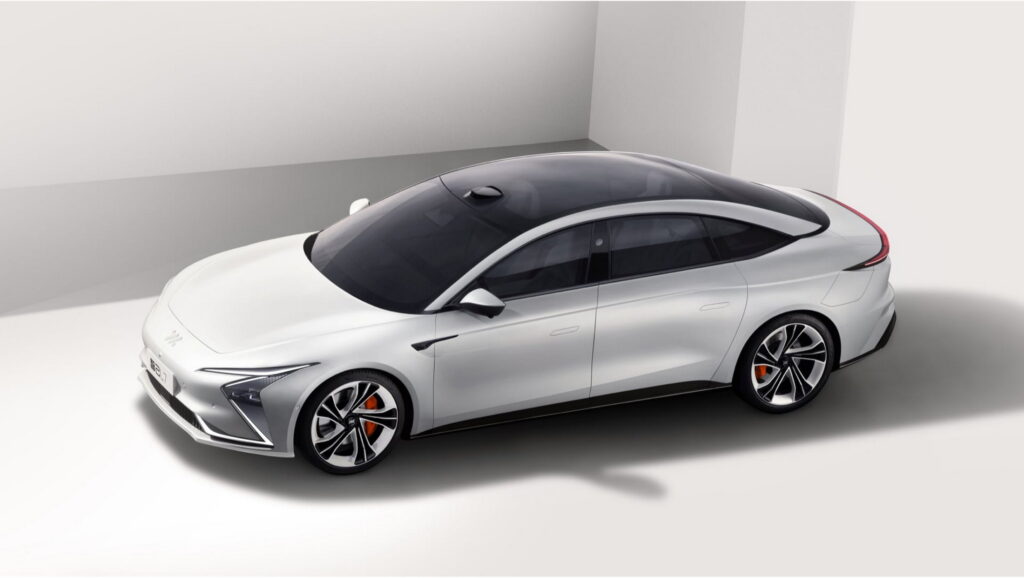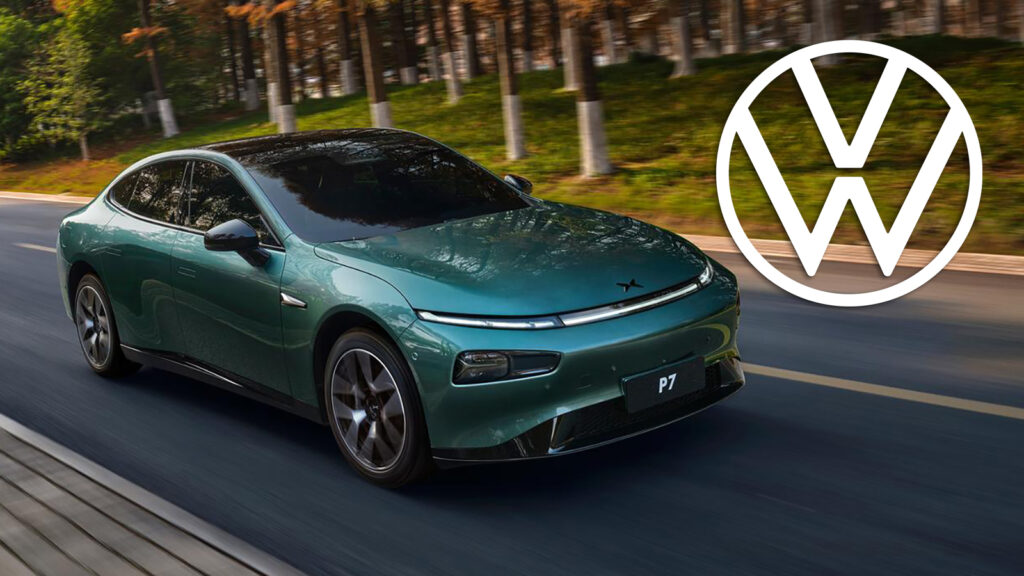The Volkswagen Group has announced two major deals that aim to expand the company’s presence and portfolio in the Chinese mobility market. Firstly, the VW brand has signed an agreement with tech-driven Chinese automaker Xpeng for long-term technological cooperation. VW will also invest $700 million to hold a 4.99 percent stake in the company. Secondly, Audi and SAIC have signed a deal to expand the two companies’ existing cooperation, developing vehicles for the Chinese market.
Expanding VW’s Chinese EV Strategy
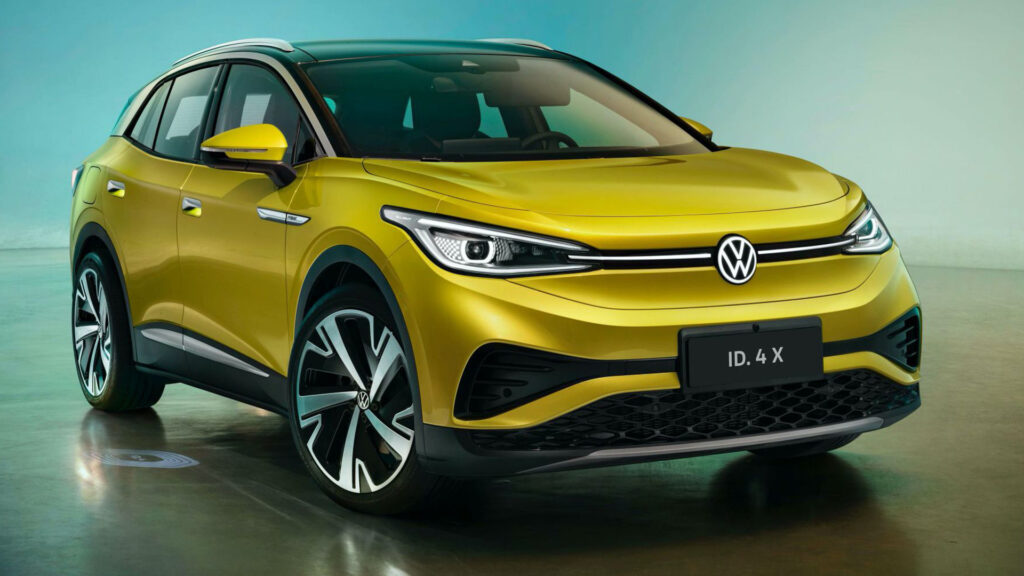
The new agreements are rooted in furthering Volkswagen’s electrification plans while bolstering its capabilities of developing localized products as part of the group’s “in China, for China” strategy.
Volkswagen’s stake in Xpeng is still subject to customary closing conditions, including applicable regulatory approvals, but should it go ahead, it will also give the German automaker a seat as an observer on the Xpeng board.
Related: Audi Turns To SAIC To Buy EV Platform For China
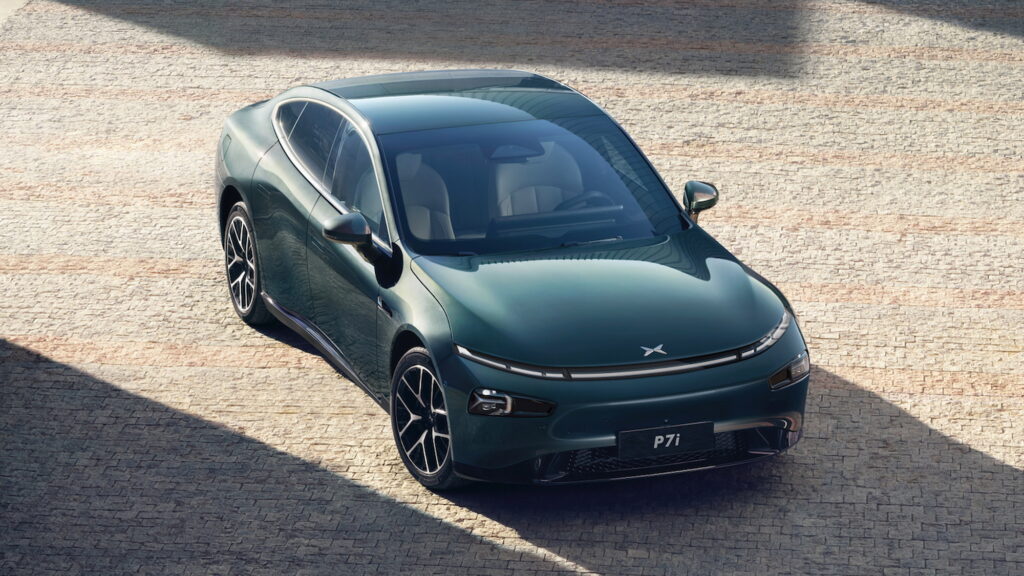
VW has steadily been trying to turn the tide in the face of intense competition from the likes of Tesla and BYD in the Chinese market. Other efforts include expanding VW’s Hefei plant in east China’s Anhui Province into a state-of-the-art production, development, and innovation hub. But the strategic partnership with Xpeng could be one way to claw back competitiveness in the massive market that is China.
Xpeng is considered one of the smaller players in the Chinese car market but has grabbed headlines with its innovation. Whereas Tesla’s so-called Full Self Driving tech is not yet available to Chinese buyers, Xpeng has its own advanced driver assistance suite known as XNGP. The Chinese company has also started expansion into Europe, while its G6 Crossover — priced 20 percent lower than the Tesla Model Y — is expected to offer some real competition in its segment.
Initially, VW and XPENG will work on two new midsized EVs that will be specific to the Chinese market. Described as being “fully connected,” the new models will make their appearance sometime in 2026.
Audi And SAIC Further Partnership
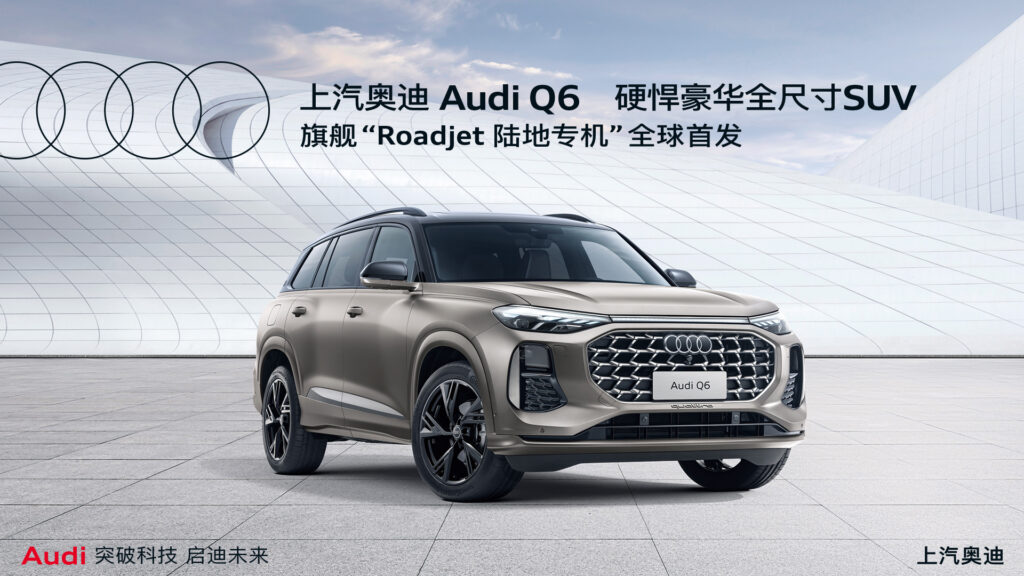
Just last month, Audi CEO Markus Duesmann was announced as departing the brand, and it was reported that executives were frustrated that the company had fallen behind the competition in the EV race. In addition to the perception that Mercedes-Benz and BMW had overtaken the four rings regarding product offerings, Audi’s sales performance in China was another concern cited.
Now with Gernot Döllner the heir to the CEO mantle, seemingly the first step in getting Audi back on track with Chinese audiences is a deepening relationship with SAIC. Outgoing CEO Duesmann had admitted that Chinese sales faltered due to a lack of local market optimization.
With that in mind, Audi aims to use the strengthened long-term partnership to co-develop the next-generation premium intelligent connected vehicle (ICV). The new platform will be an upmarket, China-specific EV operating in a segment not yet represented by Audi in the country. No timeline or further details were mentioned, but previous speculation has pointed toward’s Audi’s interest in the SAIC-owner IM Motors platform, which forms the basis for the L7 Sedan and LS7 SUV, with its 800-volt electric architecture.
